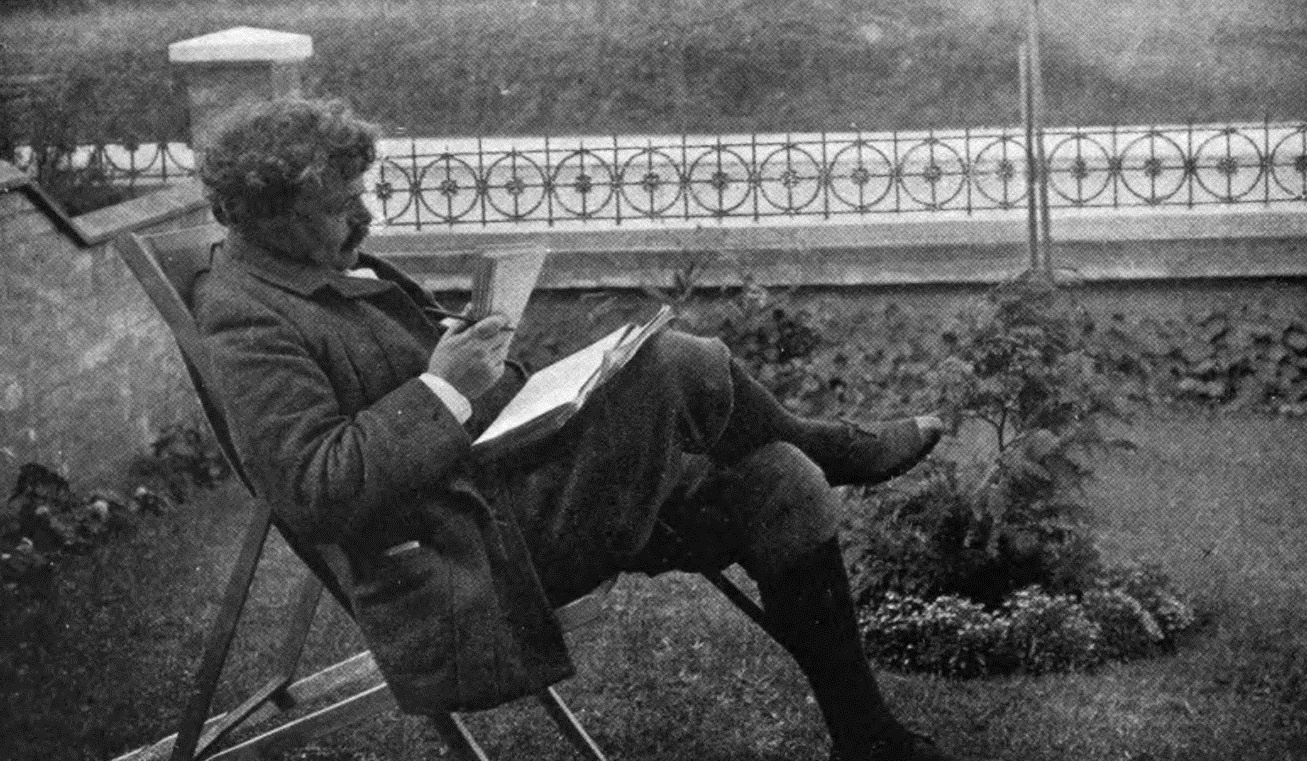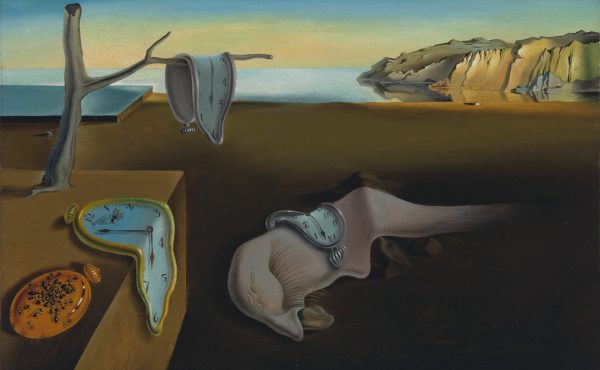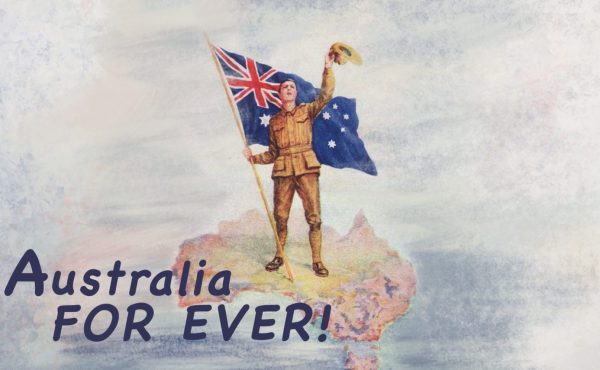This 14th of June marks 89 years since the death of the English author and Catholic convert, G. K. Chesterton. Born at the close of the Victorian Age, Chesterton inherited an England dominated by a sort of melancholy agnosticism where, in the words of the poet Matthew Arnold the “Sea of Faith” had retreated from the “naked shingles of the world”.
This climate of scepticism can be difficult to appreciate where we are used to considering the past as always and everywhere more religious than the present, yet Chesterton’s own religious background has much in common with our own secular age. Though he was baptised into the Church of England (in deference to social convention), his parents were irregularly practicing Unitarians living in a state of, what Pope Leo XIV might call, practical atheism.
G.K. Chesterton became convinced of the truth of Christianity through meeting his future wife, Francis Blogg in 1896. His autobiography recounts how at a social gathering his faith perplexed, and slightly horrified, an older gentleman who had, at first, believed Chesterton’s defence of Christian dogma a mere rhetorical affectation.
Chesterton’s conviction of the truth of Christianity and his eloquent defence of the faith in works such as Orthodoxy (1908) and The Everlasting Man (1923) as well as in the pages of newspapers and magazines became an early flowering of a Catholic literary revival in the first half of the twentieth century which grew to include writers such as Graham Greene, Everlyn Waugh, and J.R.R. Tolkien. This literary revival itself was a part of a growing ‘Catholic movement’ in Britain during the early twentieth century which saw a rapid expansion of the Catholic Church through thousands of new conversions.
G.K. Chesterton’s writing belongs to a culture saturated by the written word. His wordplay, most notably his famed use of the paradox, is playfully masterful in a manner that can be disorienting for contemporary audiences used to simpler language (and the mediation of a screen). He is eminently quotable but many today might struggle with full length works. Nevertheless, his Father Brown Stories featuring the titular Father Brown as an unlikely but effective detective are perennially popular and have inspired both a recent television series as well as a movie.
Chesterton’s writings, fiction as well as no fiction, are celebrations and romanticisations of urban spaces. Chesterton was a devotee of the “mooreeffoc effect” seeking to reenchant his audience’s imagination with the familiar made unfamiliar. His own words on suburbia called for it “to be either glorified by romance and religion or else destroyed by fire from heaven, or even by firebrands from the earth.” This belief of Chesterton’s, which we hope to explore further in our up-coming conference, stemmed from his theological conception that the proper response to the gift of existence is gratitude mingled with wonder.
Following Chesterton’s death in 1936, a papal telegram expressed the grief of the Holy Father on the passing of this “Defender of the Faith”. His writing and his life are kept alive and overinfluential through the good work of ‘Chesterton Societies’ the world over (although a special recognition must be made of the Australian chapter and its American cousin).



